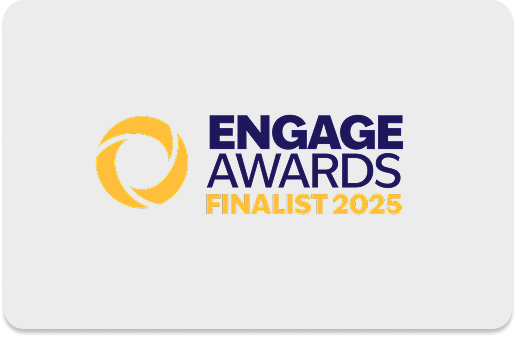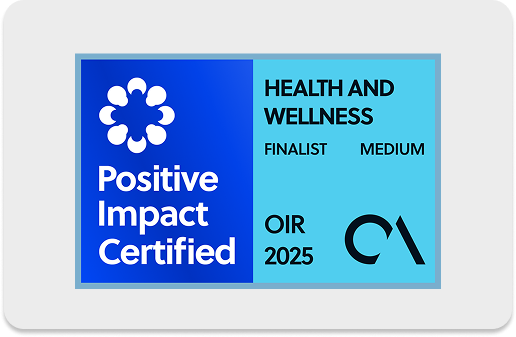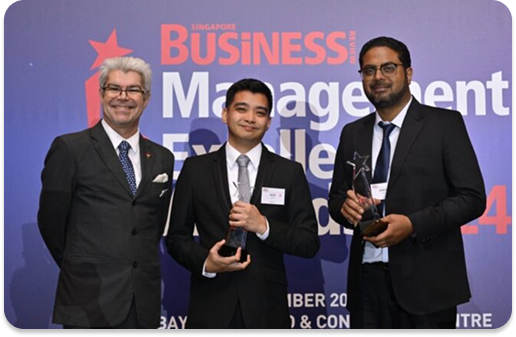Knowing the difference between inbound and outbound calls is important for businesses aiming to optimize their customer service and sales strategies.
Inbound vs outbound calls plays distinct roles within Business Process Outsourcing (BPO), each offering unique benefits. Inbound calls focus on receiving and addressing customer needs, while outbound calls proactively reach out to potential customers.
This blog will further tackle what defines inbound and outbound processes, exploring their key differences and how each can be effectively leveraged for business success.
Here, we will explore the key differences between these two types of calls and how they impact business operations.
Table of Contents
1. Objectives Of Inbound Vs. Outbound Calls
Understanding the objectives of inbound and outbound calls in BPO is crucial, as each serves distinct purposes. Inbound calls focus on providing support and addressing customer queries, while outbound calls are geared toward sales, marketing, and customer outreach.
Inbound Calls: The primary objective of inbound calls is to provide support and resolve customer inquiries. These calls are typically initiated by customers seeking assistance, whether it’s troubleshooting a product, obtaining information, or addressing concerns.
The focus is on delivering prompt and efficient customer service to enhance satisfaction and loyalty.
Outbound Calls: Outbound calls are made to reach out to potential or existing customers. The main objectives include driving sales, generating leads, conducting market research, and performing follow-up activities.
These proactive calls aim to engage customers and persuade them towards a desired action, such as purchasing or providing feedback.
2. Nature Of Interaction Of Inbound Vs. Outbound Calls
The nature of interactions in inbound and outbound calls varies significantly. Inbound calls are generally reactive, addressing customer needs and issues, whereas outbound calls are proactive, aimed at generating leads and driving business growth.
Inbound Calls: Inbound calls are reactive. They are initiated by the customer, meaning the business responds to their inquiries. This requires the call center agents to be prepared to handle a wide range of issues, often necessitating strong problem-solving skills and a deep understanding of the company’s services.
Outbound Calls: Outbound calls are proactive. The business initiates them with a specific purpose in mind. These calls often follow a structured approach, utilizing scripts to ensure consistency and effectiveness.
Agents making outbound calls must be persuasive and able to handle objections, as they are reaching out to individuals who may have yet to express interest in the company.

3. Skill Sets Required Of Inbound Vs. Outbound Calls
Different skill sets are required for handling inbound and outbound calls. Inbound call agents need strong problem-solving and communication skills, while outbound call agents require persuasive abilities and a focus on sales techniques.
Inbound Call Agents:
- Strong customer service skills
- Problem-solving abilities
- Patience and empathy
- Comprehensive product knowledge
Outbound Call Agents:
- Excellent communication skills
- Persuasiveness and sales acumen
- Ability to handle rejection and objections
- Effective use of scripts and CRM tools
4. Technology And Tools Used For Inbound Vs Outbound Calls
The technology and tools used for inbound and outbound calls differ to accommodate their specific functions. Inbound call centers often use customer relationship management (CRM) systems and helpdesk software, while outbound centers rely on auto-dialers and lead management tools.
Inbound Call Centers:
- Interactive Voice Response (IVR): Helps route calls to the appropriate department or agent.
- Call Routing Systems: Ensures calls are directed to the most suitable agents based on their skills and availability.
Outbound Call Centers:
- Automatic Dialers: Increases efficiency by automatically dialing numbers from a contact list.
- Customer Relationship Management (CRM) Systems: Tracks and manages interactions with potential and existing customers, helping to personalize the outreach.
5. Training And Staffing Of Inbound Vs. Outbound Calls
Training and staffing requirements vary for inbound and outbound call centers. Inbound agents are trained extensively in customer service and technical support, while outbound agents undergo training in sales strategies and customer engagement.
Inbound Call Centers: Training focuses on customer service excellence, troubleshooting techniques, and thorough product knowledge. Agents are equipped to handle various customer issues and provide practical resolutions.
Outbound Call Centers: Training emphasizes sales techniques, effective communication, and the ability to handle objections. Agents are trained to follow scripts and use CRM tools to track customer interactions and outcomes.
6. Impact On Business Strategy Of Inbound Vs. Outbound Calls
The impact of inbound and outbound calls on business strategy is profound. Inbound calls enhance customer satisfaction and retention, contributing to brand loyalty. Outbound calls, on the other hand, drive sales and expand market reach, directly affecting revenue growth.
Inbound Calls: Inbound calls are crucial for maintaining customer satisfaction and loyalty. They provide an opportunity to build strong relationships with customers by addressing their needs and resolving their issues promptly.
Businesses can use inbound calls to enhance their reputation and encourage repeat business.
Outbound Calls: Outbound calls are essential for expanding market reach and driving revenue growth. By proactively reaching out to potential customers, businesses can generate new leads, increase sales, and gather valuable market insights.
Outbound calls are a key component of a business’s sales and marketing strategy, helping to boost overall performance and growth.

The Processes Of Inbound And Outbound Calls In BPO
Inbound Process In BPO
In the realm of Business Process Outsourcing (BPO), what is inbound and outbound process in BPO is a common question. The inbound process is all about receiving and managing incoming calls from customers. These calls typically include inquiries about products or services, requests for technical support, and processing orders.
The primary goal of inbound call centers is to provide immediate assistance and solutions, ensuring a positive customer experience. Agents are trained to handle various issues, from troubleshooting technical problems to updating account information to enhance customer satisfaction and loyalty.
Types Of Inbound Calls
- Customer Service Calls:
- Handling customer inquiries and issues related to products or services.
- Technical Support Calls:
- Assisting with technical problems or product usage.
- Order Processing Calls:
- Assisting customers in placing or modifying orders.
- Billing and Payment Calls:
- Managing inquiries related to billing, payments, and account information.
- Complaints and Feedback Calls:
- Addressing customer complaints and collecting feedback to improve services.
Outbound Process In BPO
Conversely, the outbound process in BPO involves agents making outgoing calls to all customers.
These calls primarily focus on sales, lead generation, market research, and customer follow-ups. Outbound calls are proactive, intending to reach out to customers to promote products, gather feedback, or conduct surveys.
This process requires agents to have excellent communication and persuasive skills to engage customers and achieve desired business outcomes effectively. Outbound call centers are integral for businesses looking to expand their market reach and drive revenue growth.
Types Of Outbound Calls
- Sales Calls:
- Calling potential customers to promote and sell products or services
- Lead Generation Calls:
- Identifying and qualifying potential leads for future sales efforts.
- Market Research Calls:
- Gathering data and insights about customer preferences and market trends.
- Customer Follow-Up Calls:
- Following up with customers after a purchase to ensure satisfaction and address any issues.
- Appointment Setting Calls:
- Scheduling appointments or meetings with potential clients or customers.
Conclusion About The Difference Between Inbound And Outbound Calls
Learning the difference between inbound and outbound calls is essential for optimizing customer interactions and driving growth. Inbound calls focus on customer support, while outbound calls drive sales and market insights.
Gear Inc offers tailor-fit BPO services, including content moderation and call center solutions, to help businesses shift gears and thrive.
Contact Gear Inc today to learn how our expert services can elevate your business to the next level.
Frequently Asked Questions About The Difference Between Inbound And Outbound Calls
What Is An Inbound Call Center?
An Inbound Call Center is a facility where you handle incoming calls from customers seeking assistance with products, services, or issues.
What Is An Outbound Call Center?
An Outbound Call Center is a facility where Outbound Call Center Agents make proactive calls to potential or existing customers to generate sales, conduct surveys, or gather feedback.
What Are The Skills Required For Outbound Call Center Agents?
Outbound Call Center Agents need excellent communication skills, persuasiveness, and the ability to handle rejection, as their primary role is to reach out and engage with potential customers.
How Do Customer Service Representatives Contribute To An Inbound Call Center?
Customer Service Representatives in an Inbound Call Center provide essential support by addressing customer issues, resolving technical problems, and ensuring overall customer satisfaction.













